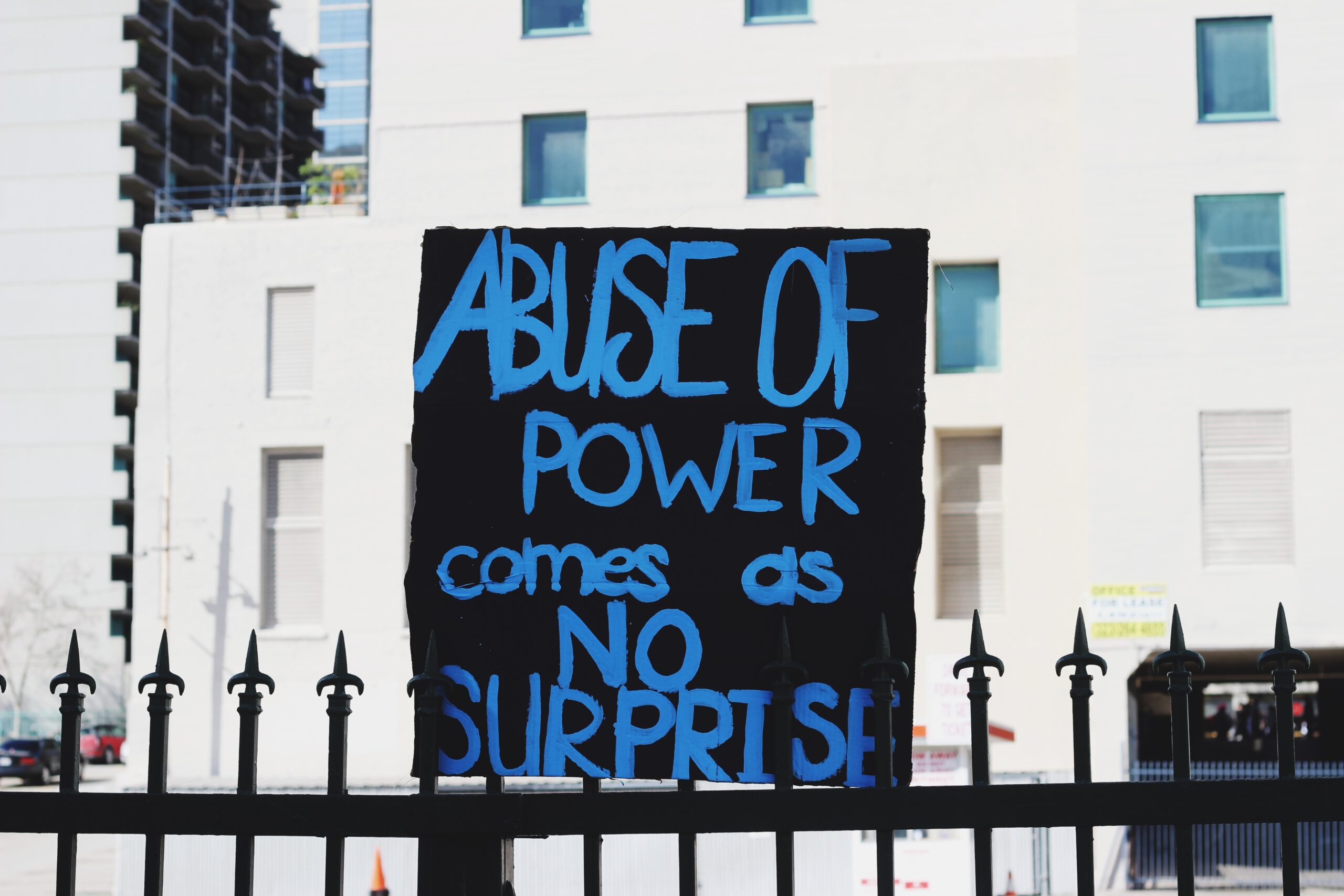- +91 92 7136 0782
Putting an End to Political Power Abuse: A Call for Transparency and Accountability
Posted by Kumar on August 29, 2023 in Political Corruption

Putting an End to Political Power Abuse: A Call for Transparency and Accountability
Political power is intended to serve the public good, yet misuse of authority continues to erode trust, distort economic progress, and perpetuate systemic corruption. From coercive fundraising practices to manipulation of public contracts, political power abuse undermines democratic values and economic fairness. Addressing these challenges requires transparency, accountability, and collective action.
Shedding Light on Political Power Abuse: Among the most concerning forms of political misconduct is the coerced collection of funds from business leaders through the Party Fund. Under this practice, influential political figures pressure entrepreneurs to contribute financially, not based on merit but as a means of gaining favor or securing business advantages.
This system disadvantages honest business owners, forcing them into financial obligations dictated by political interests rather than genuine market competition. Such coercion fosters corruption, distorts economic growth, and reinforces an unfair power dynamic between government officials and the private sector.
The Consequences of Stopping Contractor Payments: Another deeply problematic practice is the deliberate withholding of payments to contractors engaged in government-funded projects. Contractors play a vital role in infrastructure development and public welfare programs, yet political interference often halts their payments, leading to financial hardship and project delays.
Key consequences include:
- Economic strain – Contractors risk financial instability, sometimes leading to bankruptcy.
- Waste of resources – Incomplete or stalled projects result in inefficiencies and lost investments.
- Public dissatisfaction – Communities suffer when essential projects fail to meet their intended benefits.
This misuse of financial control highlights the urgent need for reforms that protect contractors from political interference while ensuring fair and timely compensation.
Uncovering Unnecessary Augmentations in Work Contracts: Transparency should be the foundation of government contracts, yet inflating project scopes and costs remains a widespread method of financial abuse. By introducing unnecessary augmentations in contracts, dishonest officials divert funds for personal gain, burdening taxpayers and obstructing development.
Such practices result in:
- Escalating costs – Public funds are misappropriated, increasing financial strain on government budgets.
- Delayed progress – Mismanaged resources slow project completion.
- Erosion of public trust – Citizens lose confidence in political and economic fairness.
A Call for Transparency and Accountability: Combatting political power abuse requires:
- Stricter regulatory enforcement – Strengthening oversight mechanisms to prevent financial coercion and manipulation.
- Whistleblower protections – Encouraging the exposure of corrupt practices without fear of retaliation.
- Public awareness initiatives – Educating citizens on ethical governance and fostering civic engagement.
Political integrity is not just an ideal—it is a necessity for sustainable economic growth and democratic stability. By demanding accountability, strengthening institutional safeguards, and promoting transparency, societies can ensure that political power serves the people rather than personal interests.






